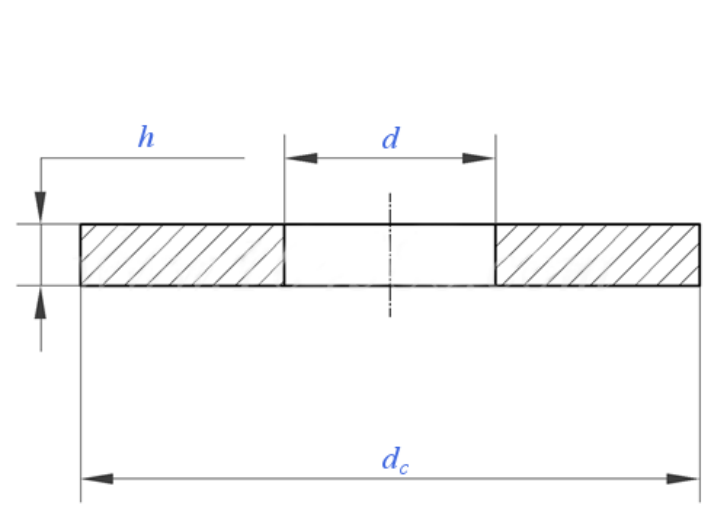stainless steel nuts and bolts company
Nov . 24, 2024 12:09 Back to list
stainless steel nuts and bolts company
The Importance of Stainless Steel Nuts and Bolts in Modern Industry
Stainless steel nuts and bolts are essential components in various industries, providing durability, resistance to corrosion, and strength. These fasteners are integral to assembly processes in sectors such as construction, automotive, aerospace, and manufacturing. As industries evolve and seek out advanced materials to enhance their products’ performance, stainless steel emerges as a crucial player in fastening technology.
One of the primary benefits of stainless steel nuts and bolts is their resistance to corrosion. Unlike traditional carbon steel fasteners, stainless steel contains chromium, which forms a protective layer on the surface. This layer prevents rust and oxidation, making stainless steel nuts and bolts particularly valuable in environments exposed to moisture, chemicals, or extreme temperatures. This property ensures a longer lifespan for the fasteners, reducing the need for frequent replacements and maintenance.
In the automotive and aerospace industries, where safety is paramount, the strength of materials is non-negotiable. Stainless steel fasteners provide high tensile strength, allowing them to withstand heavy loads and intense vibrations. This characteristic is vital for components that experience significant stress, such as those found in vehicle engines or aircraft wings. With the use of stainless steel nuts and bolts, manufacturers can ensure the integrity of their products under demanding conditions.
stainless steel nuts and bolts company

Moreover, stainless steel fasteners are highly versatile. They come in a wide variety of grades, sizes, and shapes, accommodating specific needs for different applications. For instance, AISI 304 and AISI 316 are among the most common grades of stainless steel used for nuts and bolts. AISI 304 is known for its good corrosion resistance and is widely used in general applications, while AISI 316 offers superior resistance to pitting in chloride environments, making it ideal for marine applications. This versatility allows engineers to select the appropriate fasteners for their projects, ensuring optimal performance and safety.
The demand for stainless steel nuts and bolts is further fueled by the growing trend towards sustainability. As industries focus on reducing their environmental impact, the longevity and recyclability of stainless steel make it an attractive option. High-quality stainless steel fasteners can be recycled without degradation in quality, contributing to a circular economy and supporting eco-friendly practices.
Additionally, the manufacturing process for stainless steel nuts and bolts has evolved significantly thanks to advancements in technology. Modern techniques such as CNC machining, precision forging, and 3D printing enable the production of fasteners with tight tolerances and complex geometries, meeting the needs of sophisticated products. This progress assures that manufacturers can rely on high-quality components that fit seamlessly in their assemblies.
In conclusion, stainless steel nuts and bolts are indispensable to contemporary manufacturing and construction processes. Their corrosion resistance, strength, versatility, and sustainability make them a preferred choice for engineers and project managers alike. As industries continue to innovate and build complex structures and machinery, the role of stainless steel fasteners will only increase, solidifying their status as vital components in a wide array of applications. Embracing the benefits of these fasteners ensures not only the success of projects but also enhances the overall integrity and safety of the final products.
Latest news
-
High-Quality Panel Stud Bolt Reliable Panel Stud Bolt Factory & Suppliers
NewsJul.08,2025
-
High-Precision Fine Thread Locknuts Manufacturer & Supplier Custom Solutions
NewsJul.08,2025
-
PH Imperial Stud Bolt – High Strength Fasteners from Leading Supplier & Factory
NewsJul.07,2025
-
High-Quality Allen Wrench Bolts Leading Factory, Company & Suppliers
NewsJul.07,2025
-
Wholesale Ball Stud Bolt - High Quality Supplier & Factory Price Reliable Wholesale Ball Stud Bolt Company
NewsJul.06,2025
-
High-Strength Alloy Bolts Manufacturer & Supplier Quality Alloy Fasteners Factory
NewsJul.06,2025
